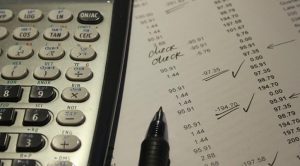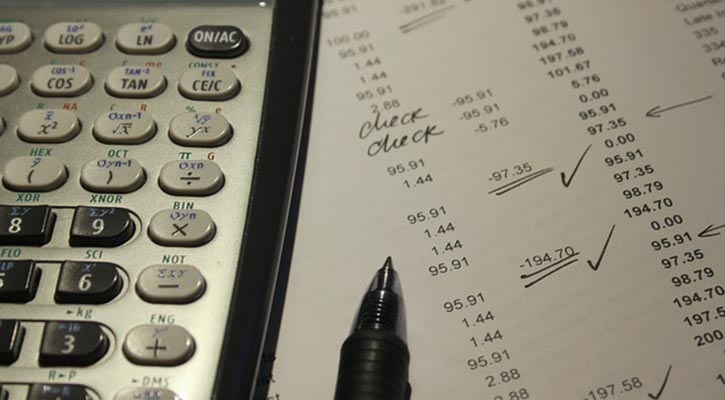When it comes to purchasing your first home, there are so many stresses to deal with. First is finding the right home for you, at the right price, in the right area. Then you need to make an offer that is accepted by the seller to go under contract. Then comes the scariest part: the financing. Financing is one of the main reasons a real estate deal will fall through. Keeping this in mind, we want to present to you some reasons good credit behaviors are so important to use not just short term to get your mortgage, but over time beyond your home purchase. Prepare yourself with these helpful tactics so you can know the accomplishment of being a first-time homeowner!

Smart Spending with Credit Cards
One of the best habits to get into when mastering credit behaviors to prepare yourself to purchase a first home is by being a savvy and smart spender with your credit cards. This skill is not only applicable to making yourself as credit worthy as possible when applying for mortgages, but for setting yourself up to have a great credit score and solid credit report.
No matter how many credit cards you have, the method is the same: utilize the card within your financial means, stay on budget, pay your bill in full and pay it on time consistently. The keyword here is consistency. Good credit scores come about through long-term trends, not short-term examples. The longer periods of time you show regular payments and smart spending, the more your credit score will be boosted. Making late payments will show up on your credit report, which will be a major determining factor for mortgage companies.
Gaining a Good Credit Utilization Ratio
Your credit cards can also help you build a great credit utilization ratio, which will be another factor to help prepare to be the best candidate for your first mortgage. Since your credit utilization ratio is directly related to the amount you owe creditors versus the credit you have available to you, the more credit cards you have can benefit you significantly more than having only one card. If you have two cards with decent size limits, but only use a small fraction of those lines of credits per billing cycle and subsequently pay them on time, your credit utilization ratio will be better.
This demonstrates to lenders your creditworthiness and that you are not a risky candidate for a mortgage loan. Not only does it show your ability to pay on time with your current expenses, but that you have the self-control to not spend every available dime you have, thus leaving you with plenty of finds to pay your mortgage on time.
Your credit utilization ratio takes time to establish and hold strong. If you have a huge splurge month, your ratio could be negatively affected drastically and undo much of your hard work .
Regularly Checking Your Credit Report
With these two foundation skills of long-term credit building and mastering smart spending habits applicable to your mortgage and beyond, you want to also get in the habit on constantly being aware of your credit status. Checking your credit report regularly is the best way to see how your spending trends are representing you to lenders and other financial institutions since your credit report is your credit identity to the world.
You want to not only keep an eye on your credit score itself but on other information in your credit report. Unfortunately, there are far too often moments of discrepancy with items like personal information or fraudulent charges that could show on your credit report that are not valid. When working so hard to build your credit identity and prep for such a major life moment as buying your first home is, the last thing you want is a small oversight on your credit report due to your lack of regular attention to ruin your best mortgage opportunities.
A mortgage is a long term installment loan, with many mortgages being as many as 30 years. A healthy credit score is a long-term commitment, and these recommended tips to help you prepare are things you should internalize and use throughout your financial future. Not only will this help you secure your first home, but will help you with any other loans you may need in the future.





















